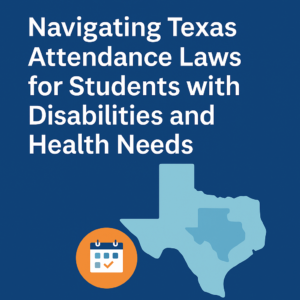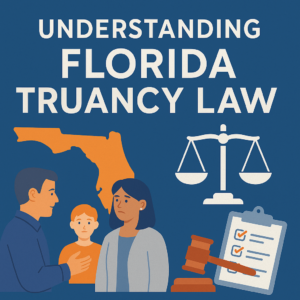BLOG

School-Based Intervention Teams, School Avoidance, School Refusal, and Truancy
When a child begins missing school consistently, families often hear a mix of terms—school avoidance, school refusal, and truancy. These words are sometimes used interchangeably, yet they describe very different realities. Understanding these distinctions is essential, not only for parents, but for schools tasked with responding appropriately.

More Than a Tardy Slip: Georgia’s SB 123 Marks a Turning Point in School Attendance and Why School Avoidance Training Is the Missing Link
Georgia’s new attendance law, SB 123, is here, and it’s a major shift. No longer can schools expel students solely for absenteeism. Instead, the law, effective July 1, 2025, mandates a deeper look at the root causes of why students are missing school.
This article explores why SB 123 is a critical opportunity, not a compliance burden. It’s a chance to move from punishment to empathy. But to succeed, schools must address one critical, often-overlooked piece of the puzzle: “school avoidance.” Discover why training staff to recognize and support emotionally-based absenteeism is the key to unlocking the true, positive potential of this new law.

Navigating Texas Attendance Laws for Students with Disabilities and Health Needs
For Texas families of children with disabilities or chronic health needs, frequent school absences are often unavoidable. However, Texas law has strict rules about attendance, including the 90% attendance rule and truancy laws that may impact class credit and graduation. This guide explains those rules in depth and offers practical strategies for staying in compliance, protecting your child’s rights, and building strong partnerships with your child’s school.

Understanding Truancy Laws in Texas: A Parent’s Guide to Rights, Risks, and Remedies
Truancy laws in Texas have evolved significantly over the past decade. Once criminalized, student absences are now handled through civil procedures and school-based interventions. But that doesn’t mean the consequences are light—or the system easy to navigate. If your child is struggling with school attendance due to anxiety, disability, or external stressors, it’s critical to understand how truancy laws in Texas operate, what schools are allowed to do, and how to respond before things escalate to court. This guide offers a thorough, family-centered explanation of Texas’s truancy process and how to avoid common pitfalls.

Understanding Truancy Law in Florida: What Parents Need to Know
Florida’s truancy law can turn school absences into legal battles, even for children who are missing school due to anxiety, medical needs, or disability. If your child has five or more unexcused absences in a calendar month—or 15 in a 90-day period—you could face court, fines, or mandated programs. But enforcement isn’t black-and-white. This article breaks down the legal process, the role of truancy officers, how Florida law defines noncompliance, and what families can do to advocate for support—not punishment.

Inside Truancy Court: A Parent’s Wake-Up Call
What happens when a child battling anxiety is pulled into a legal process meant for lawbreakers? One parent shares a personal story—and what it reveals

